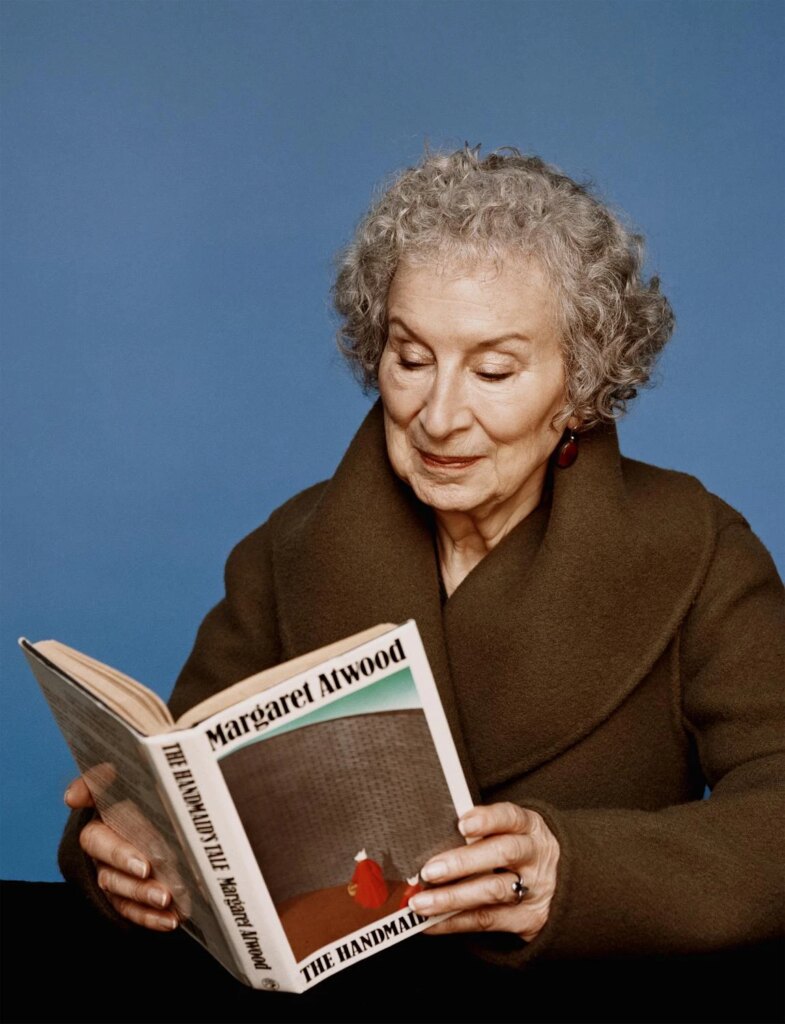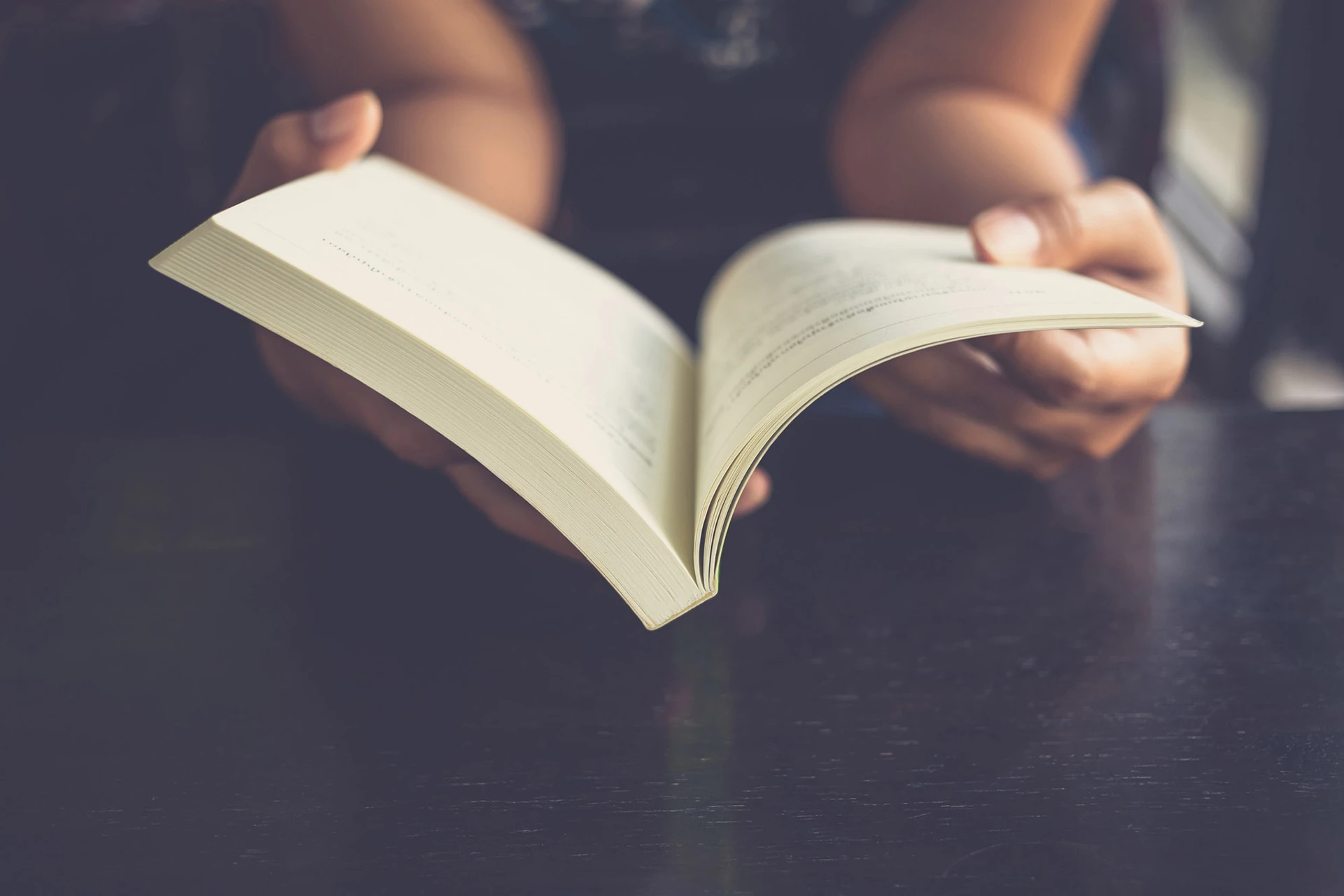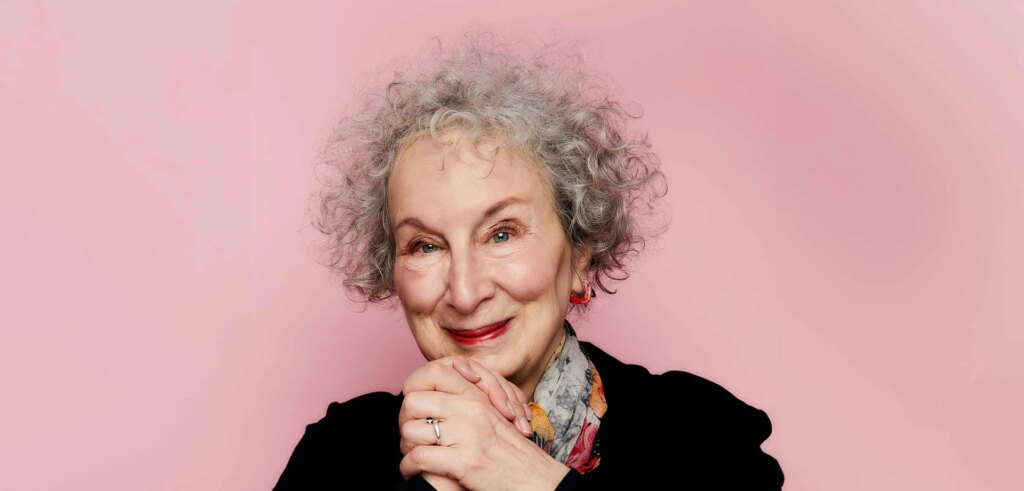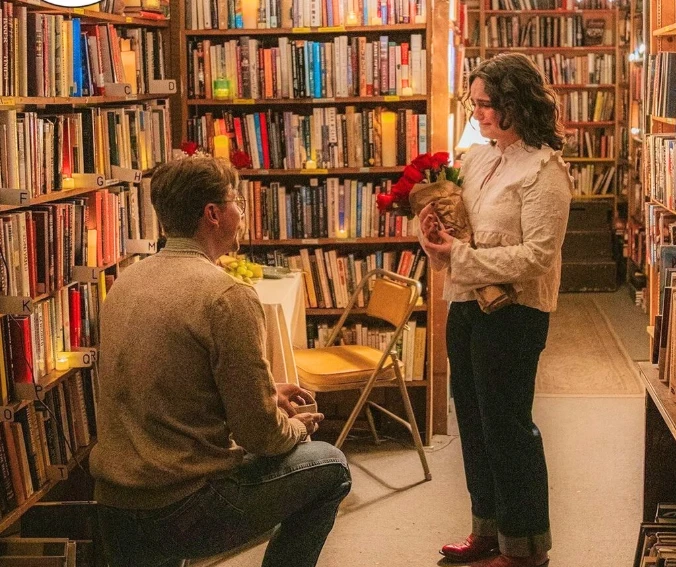Ever wondered what writers think about reading and readers? Well, you’re in luck. Here’s what world-famous Margaret Atwood thinks about reading.
Margaret Atwood, a Canadian novelist, poet, and critic has never been one to keep her thoughts to herself. Whether in her groundbreaking and world-renowned fiction, or in her work as a literary critic, she has always been clear on where she stands. When it comes to reading, it’s no different. Over her years in the spotlight, she’s said plenty about reading and books!
Power of Reading
Anyone who reads a lot, or loves reading, will know that there are so many positives to the hobby. There’s so much to be said for why reading is great, why books are wonderful and the ways in which they can completely change our minds and how we think! But what has Margaret Atwood got to say about it all?

“I read for pleasure and that is the moment I learn the most.”
Too often, people who don’t read assume that reading for pleasure, whether it’s literary fiction, romantasy, or anything in between is simply just for fun, and that if you’re reading genre fiction, there’s no benefit outside of that. But there are so many benefits! Every book you read, you learn, regardless of what you’re reading. New words, new characters, but also new ways of thinking and new ideas. Hit it right on the head, Margaret Atwood!
“Reading is one of the most individual things that happens. So every reader is going to read a piece in a slightly different way, sometimes a radically different way.”

This Atwood quote hits the nail in the head in multiple ways: one person’s DNF is another person’s five-star read, but, also, the ways in which every reader interprets a text will differ. There are actual theories and studies done into this phenomenon, that refer to what each reader brings to a text that they’re going to read as the ‘schema’. These theories look into how individual schemas impact the interpretation of the text. For example, someone with a lot of American history knowledge may read Animal Farm as a direct representation of the space it was written, whereas another reader may not pick up on the underlying parallels at all.
“Reading… changes you. You aren’t the same person after you’ve read a particular book as you were before.”
We’ve all, as readers, had books that we know have changed us. There are a handful of books that we all hold close to our hearts. Margaret Atwood, however, argues that every book changes us. And you know what – she’s probably spot on.
“Repeat reading for me shares a few things with hot-water bottles and thumbsucking: comfort, familiarity, the recurrence of the expected.”
Ever had that one book that you could read again and again? That just makes you feel warm and fuzzy inside, even on the second, third or forth time around? That’s exactly what Margaret Atwood is on about here, that universal comfort that can be found in the familiar, the unsurprising.

“More of your brain is involved when reading than it is when you watch television… because you are supplying just about everything… you’re a creator.”
There’s no denying that there are some great television shows out there, but, like Atwood says, it is kind of all there for you. You can read into what’s shown on the television, but there’s much less of a need for imagination and wonder than when you’re reading. When you pick up a book, the exact visuals, the pictures you come up with – they’re all up to you and your imagination!
Reading as More Than Just a Hobby
Reading teaches us, but it also shapes us as people and as a society. Plenty of people have made connections between reading, education, and politics, social theories and much more. What does Margaret Atwood think about it all?
“A word after a word after a word is power.”

There is magic in language and writing, the ability to shape minds and ideas with just a word after a word after a word is truly mind-blowing. Nobody knows this more than Margaret Atwood, who has written truly groundbreaking writing that has shaped generations of readers and writers.
“War is what happens when language fails.”
Reading as a hobby is one thing, but reading allows us to develop our skills, just like writing and speaking. Together, as a combination, they develop our language abilities, which we use as a society to make connections, form relationships, and navigate difficult situations. So when Margaret Atwood says this, it is clear where she’s coming from. Language is our best tool, after all.
“Communication technology changes possibilities for communication, but that doesn’t mean it changes the inherited structure of the brain. So you may think that you’re addicted to online reading, but as soon as it isn’t available anymore, your brain will immediately adjust to other forms of reading.”

Lots of people frown upon online reading and how online the younger generations are, but Margaret Atwood makes such a good point here. We’re reading online now, because we can, but when that possibility is gone, we’ll just read as we always have done!
To hear some more of Margaret Atwood’s thoughts on reading, check this out.
Join our community of 1.5M readers
Like this story? You'll love our free weekly magazine.








